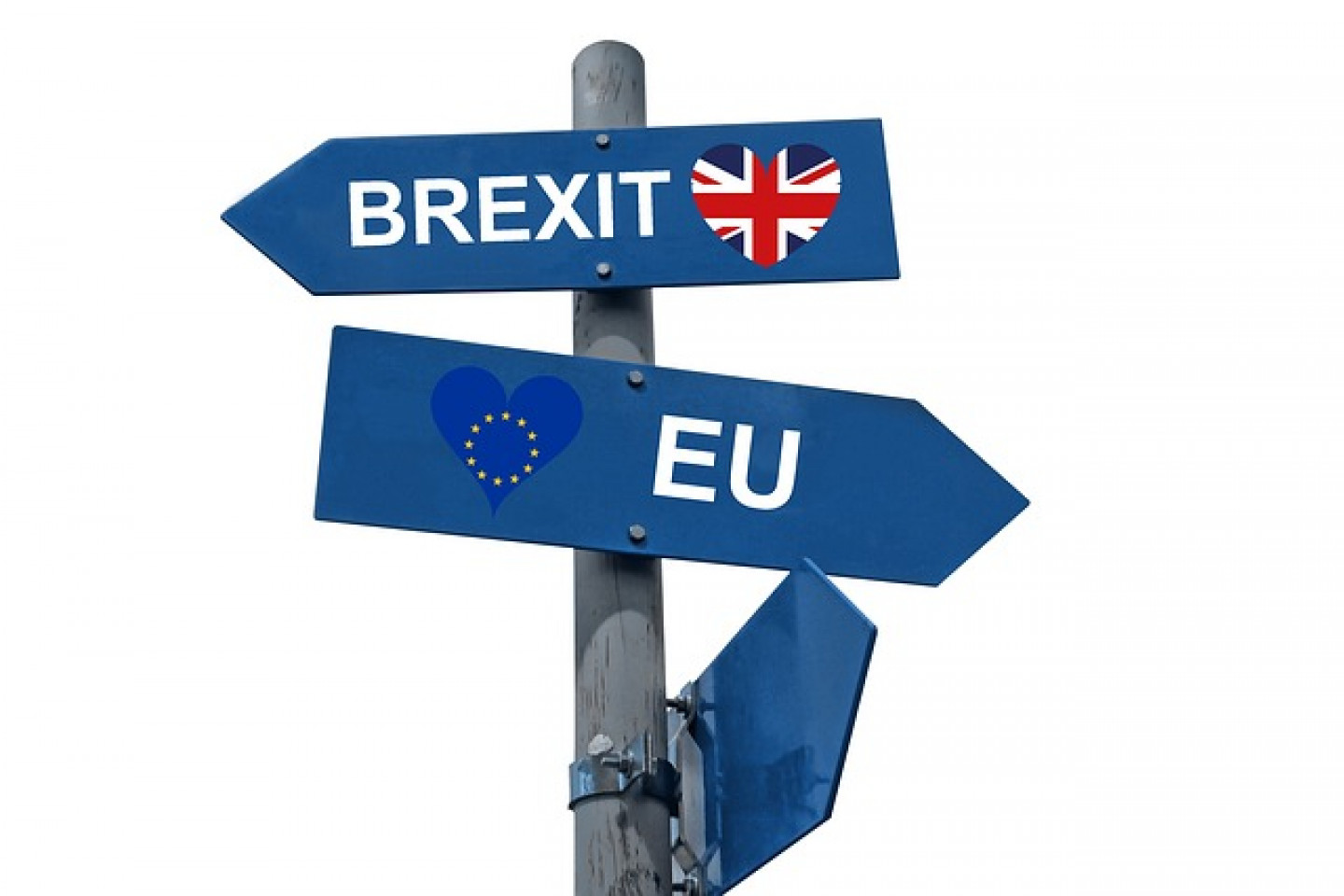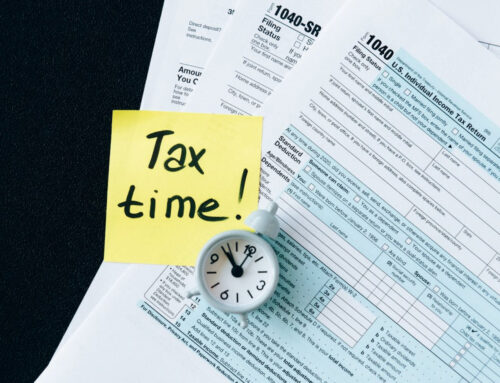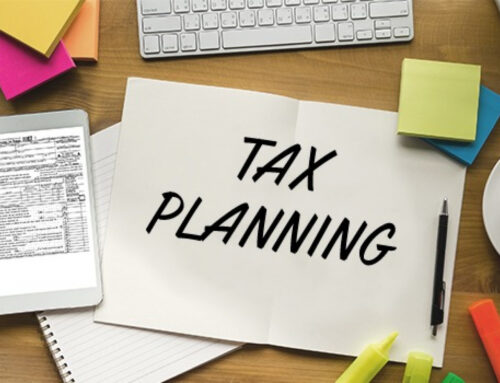With the start of 2020, the United Kingdom withdrew from the European Union EU. The withdrawal is popularly known as the Brexit consequence. The UK formally left the EU in January 2020, the existing trade, travel, and business rules were preserved until December 31, 2020. This 11 months period is the Brexit transition period in which both parties sat to decide future plans. After months of considerations, the EU and UK signed an agreement consisting of new terms and conditions for UK and EU nationals, imposed from January 01, 2021.
Brexit transitions are still unclear for many of us. The UK and the EU are currently coping with the pandemic as a top priority; that’s why things are quite the same yet. However, there will be visible Brexit transitions in travel, trade, and business policies in the future. So, it is vital to be mindful of 5 key considerations to prepare yourself for the post-Brexit transitions.
1. Custom Compliance
Businesses operating across the EU and UK will be required to fulfill additional custom compliance obligations like custom declarations and documentation to import or export goods in the post-Brexit era. In the case of goods imported to the UK from the EU, the businesses are exempted from import declaration and associated tax obligations until July 1, 2021. The EU imposed its new terms and conditions from January 1, 2021.
2. Custom Duties
After Brexit, the UK and the EU have imposed separate tariff policies. The UK Global Tariff (UKGT) and Most Favored Tariff (MFN) substituted EU common external tariff MFN. The new tariff rates are applicable to all UK imports except the goods included in the Free-Trade Agreement (FTA). If your goods comply with the rules of origin set under FTA, the preferential custom duties will apply to them as Brexit consequences.
Import VAT is now applicable to import-export of goods to and from the UK & EU. The businesses registered with UK VAT must use the Postponed VAT accounting system to file import their VAT return.
There are also specific VAT Law changes for particular businesses and services. In the case of travel businesses, the Tour Operator’s Margin Scheme (TOMS) is revised, making the margin on EU holidays VAT-free. And for UK business-to-consumer (B2C) services operating in the EU, the EU Mini One-stop Shop Scheme (MOSS) is no longer applicable. The VAT return laws are also changed for the UK’s financial service providers in the EU, translating to increase VAT.
3. Corporate Tax and EU Directives
UK is not a part of the EU anymore. It means the EU Interest and Royalties Directive and Parent-Subsidiary Directive will not apply to the UK registered companies. Consequently, the withholding tax on dividends, interests, and royalty payments depends on UK laws and regulations or any international agreement.
Likewise, the non-EU companies, including companies from the UK. You will not be entitled to certain tax exemptions. As a result of Brexit, the UK companies should consider the following points,
They may not be able to consolidate with EU resident companies for tax purposes.
Tax liabilities may also result after the termination of existing consolidations.
US double tax treaties (DTTs) are also terminated for UK-based companies resulting in increased US withholding tax.
4. Northern Ireland
The UK and EU authorities have enacted separate laws in Northern Ireland. Custom compliance and documentation are easier and convenient to handle in the post-Brexit landscape. Although Northern Ireland comes into UK customs territory, the EU rules are imposed for goods while the services are excluded and subjected to UK rules. The UK government has also started a trader support service (TSS) that will help businesses comply with EU rules and regulations.







